- IDP China>
- 课程库>
- 自然科学>
- 自然科学与物理学>
- 其他自然与物理科学>
- BSc (Hons) Forensic Archaeology and Anthropology with Sandwich Year
法医考古学和人类学(含三明治年)理学学士(荣誉)
BSc (Hons) Forensic Archaeology and Anthropology with Sandwich Year

学历文凭
Bachelor Degree with Honours

专业院系
School of Archaeological and Forensic Sciences

开学时间

课程时长

课程学费

国际学生入学条件
IDP—雅思考试联合主办方

雅思考试总分
- 雅思总分:
- 托福网考总分:
- 托福笔试总分:
- 其他语言考试:
CRICOS代码: F405
申请截止日期: 请与IDP联系 以获取详细信息。
课程简介
This degree explores how archaeological techniques and the analysis of human remains are used in a forensic (medico-legal) context. You will gain a full grounding in archaeological excavation, surveying and recording of crime scenes. In addition, you will also learn about human anatomy and anthropological analysis of human remains, including age, sex, ancestry assessment and the analysis and interpretation of trauma. Specialist modules will allow you to understand how scientific techniques are used to build up a biological profile of unidentified remains; processes of decomposition (and preservation) of human tissues and associated materials; trauma analysis; and forensic identification of living people. You'll also gain an understanding of scientific principles and how data should be presented in a legal context. A placement year allows you to apply your academic learning within a wide range of industries, including private, public, and not-for-profit sectors. You will gain hands-on experience, develop skills such as communication, problem-solving, and entrepreneurship, and build a professional network that will benefit your future career.
相关申请
 预科
预科 奖学金
奖学金 实习机会
实习机会 在校学习
在校学习 跨境学习
跨境学习 校园授课-线上开始
校园授课-线上开始 在线/远程学习
在线/远程学习
开学时间&学费
学费信息仅供参考,请与IDP联系以获取详细信息
| 开学时间 | 时长 | 学费 | 地点 |
|---|
学校排名

世界排名601
数据源:
泰晤士高等教育世界大学排名
关于布拉德福德大学

布拉德福德大学的前身是成立于 1832 年的机械学院。近 200 年过去了,它现在已发展成为一所世界一流的学府,拥有 50 多年的前沿研究、高质量的教学和精心设计的、具有实际意义的课程。这所大学既保持了经济实惠的学费,又拥有远大的抱负。学生们可以享受到物超所值的优质教育,同时生活成本也比英国其他许多地区低。这座城市热情欢迎国际学生,这里汇聚了来自120多个国家的学生。这座耗资1.2亿英镑的校园拥有其他任何地方都无法比拟的紧密社区氛围。课程涵盖广泛的学科领域,但它们有一个共同点:都将实践经验与理论知识相结合。从工程和健康科学到管理、社会科学和生命科学,这些课程不仅为学生提供未来发展的方向图,更帮助他们描绘自己的未来蓝图。屡获殊荣的校内公寓 The Green 距离市中心仅几步之遥。布拉德福德市本身就拥有学生所需的一切:从美味佳肴和一流零售店,到前沿的文化娱乐场所,应有尽有。这座城市的咖喱文化享誉全球。它周边环绕着美丽的乡村风光,包括崎岖的奔宁山脉和极具英伦特色的约克郡山谷。布拉德福德与英国其他地区交通便利,也是英国生活成本最低的城市之一。所有学生都是布拉德福德团队--一个充满欢乐而又互帮互助的团体--的一份子,它让校园生活变得不再局限于仅仅为了一张文凭而整日忙碌. 经济实惠、包容性强、充满抱负:布拉德福德是学生们迈向人生下一阶段的理想之地。布拉德福德为学生提供所需的工具,让他们能够有所作为。
本校相关课程
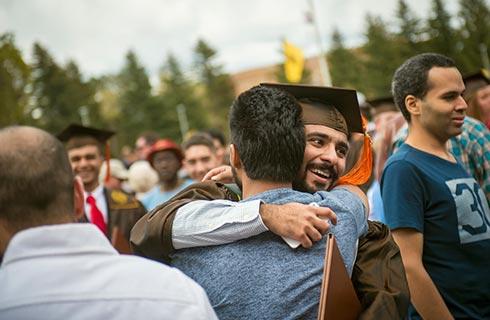
Doctor of Philosophy - Business and Management
学历文凭
Ph.D.
开学日期
课程费用总额


社会工作硕士
学历文凭
Masters Degree (Taught)
开学日期
课程费用总额

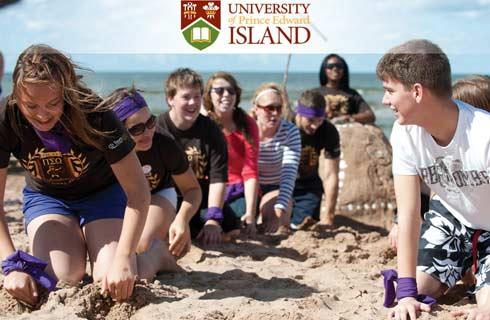
心理学硕士
学历文凭
Masters Degree (Taught)
开学日期
课程费用总额

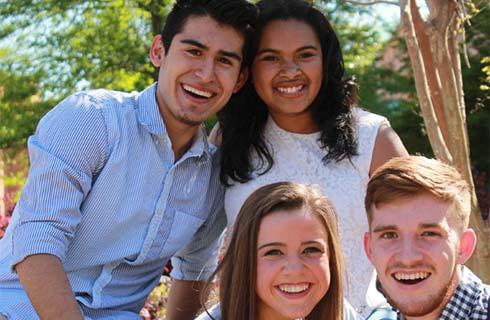
项目计划与管理硕士
学历文凭
Masters Degree (Taught)
开学日期
课程费用总额

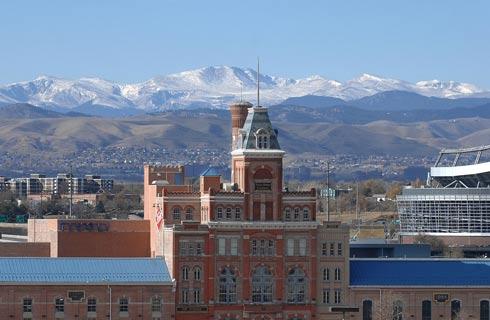
财务,会计和管理硕士
学历文凭
Masters Degree (Taught)
开学日期
课程费用总额

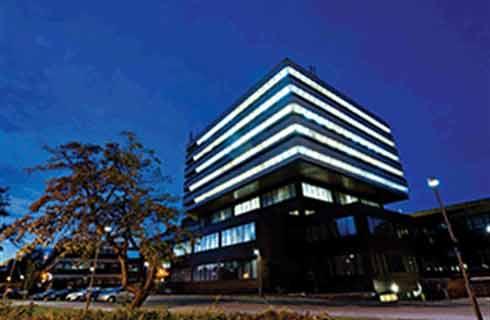
金融与投资硕士
学历文凭
Masters Degree (Taught)
开学日期
课程费用总额

其他相关课程

国家土著研究中心哲学博士
 澳大利亚国立大学
澳大利亚国立大学学历文凭
Ph.D.
开学日期
课程费用总额


芬纳环境与社会学院哲学硕士
 澳大利亚国立大学
澳大利亚国立大学学历文凭
Masters Degree (Research)
开学日期
课程费用总额

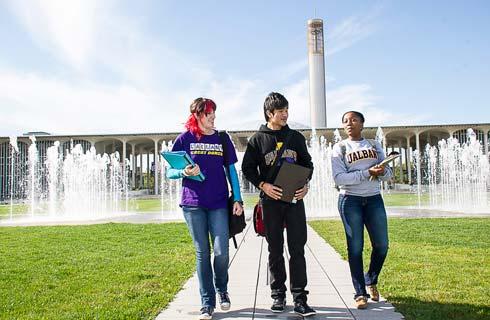
社会科学学士(荣誉学位)
 纽卡斯尔大学
纽卡斯尔大学学历文凭
Bachelor Degree with Honours
开学日期
课程费用总额


哲学博士(人文,艺术和社会科学)
 斯威本科技大学
斯威本科技大学泰晤士高等教育世界大学排名:282
学历文凭
Ph.D.
开学日期
课程费用总额


国际发展研究生文凭
 乐卓博大学
乐卓博大学泰晤士高等教育世界大学排名:267
学历文凭
Graduate Diploma
开学日期
课程费用总额


土著哲学博士
 南十字星大学
南十字星大学泰晤士高等教育世界大学排名:456
学历文凭
Ph.D.
开学日期
课程费用总额










 英国
英国